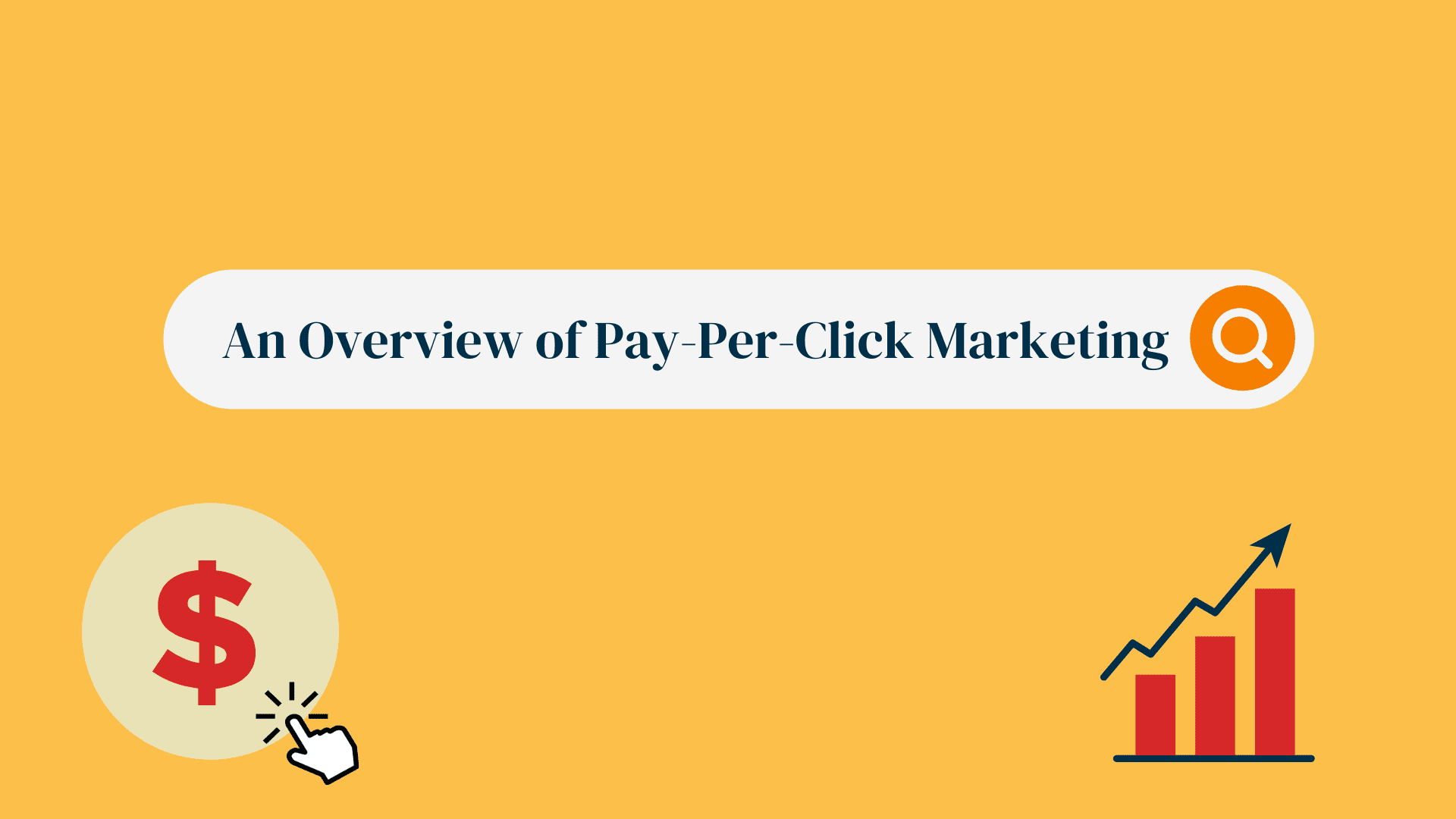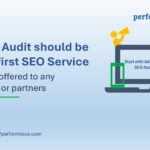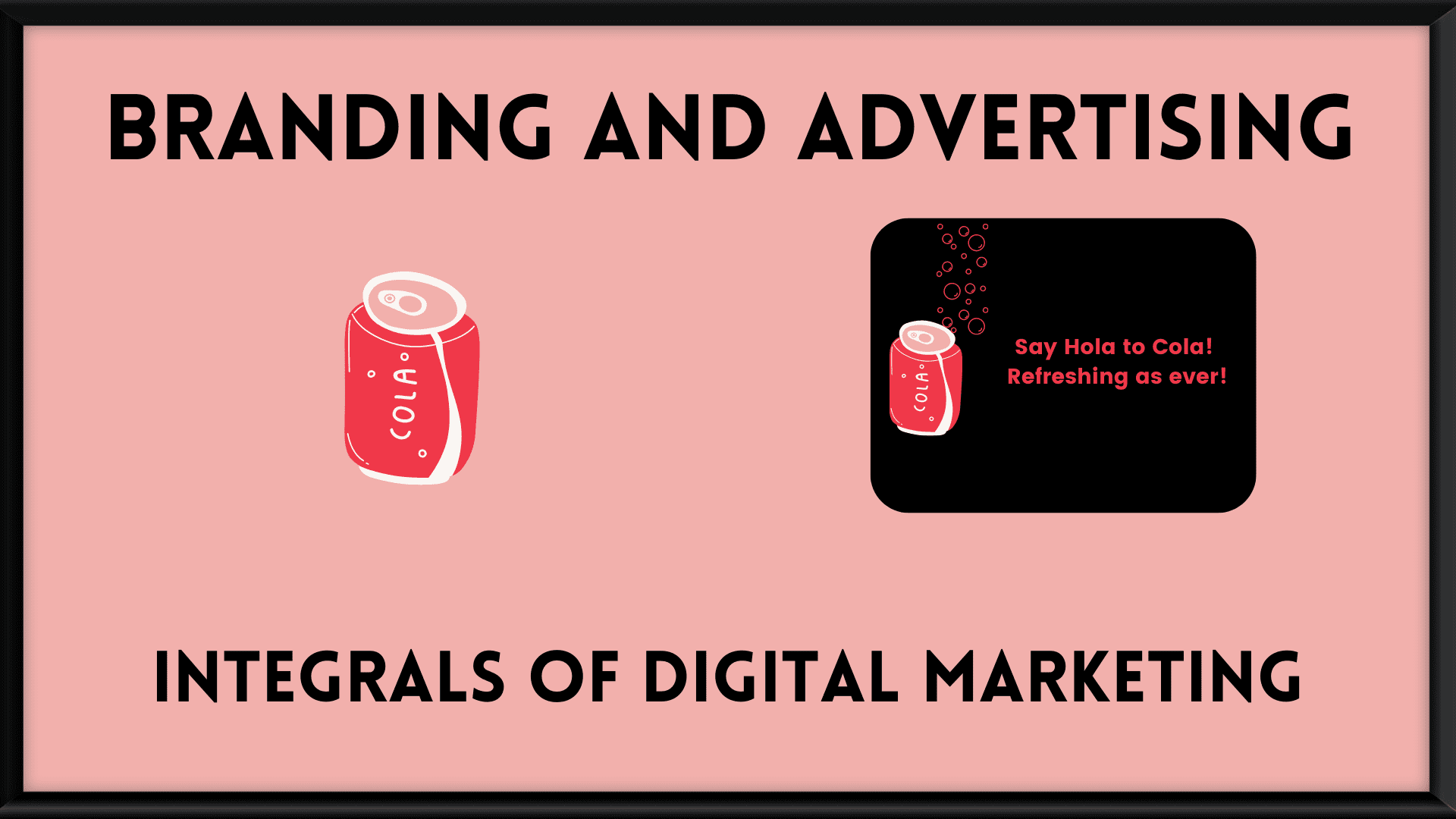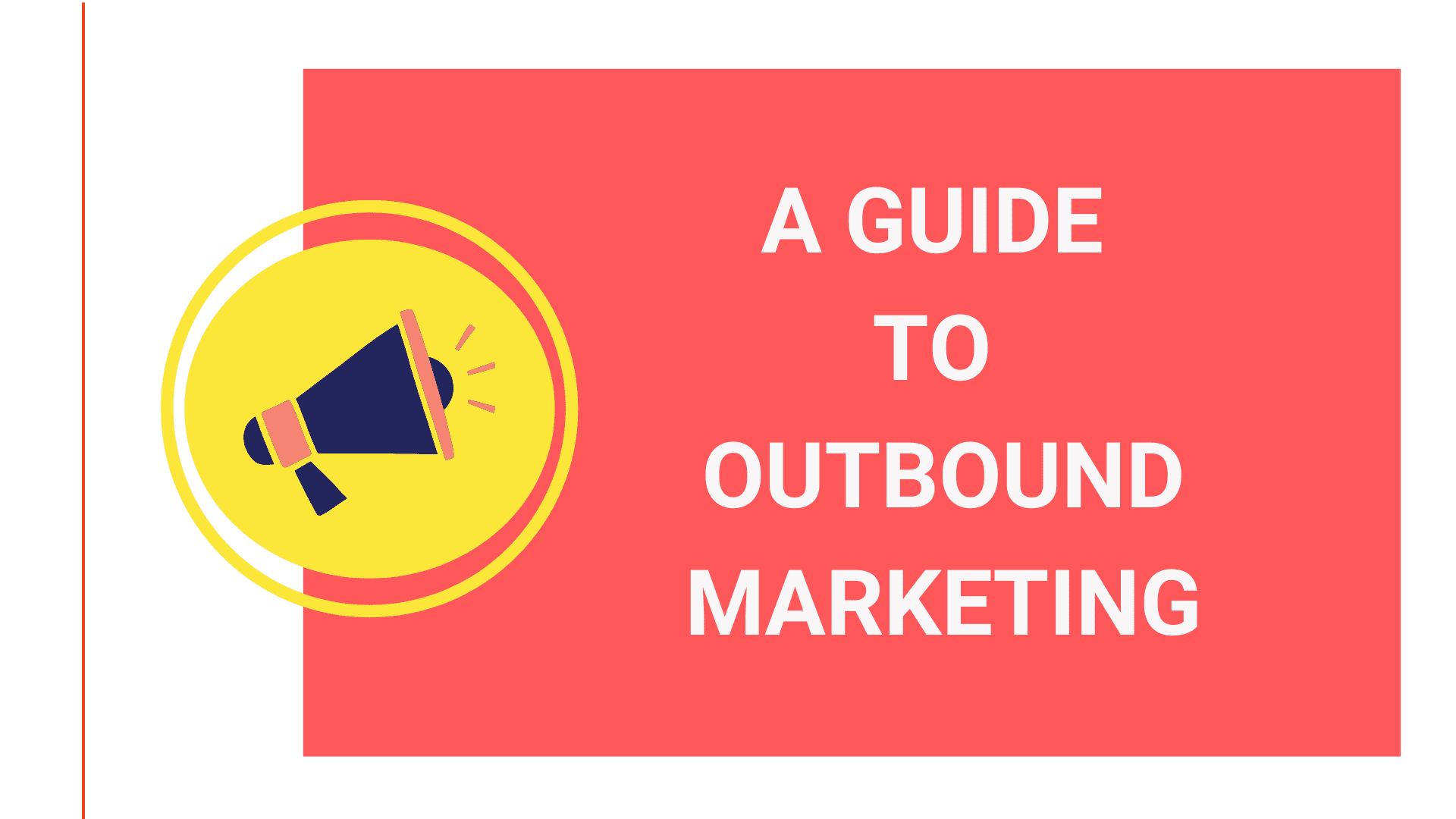

- Introduction
- What’s PPC Marketing
- How does PPC Marketing work?
- Keywords
- Cost Per Click
- Auction
- Quality Score
- Landing Pages
- Benefits of Pay-Per-Click Marketing
- Conclusion
Marketing can be costly for small businesses. Therefore, small businesses should add PPC marketing to their marketing strategy. Let’s see why this is useful for small businesses or any type of business.
What’s PPC Marketing?
PPC (Pay-Per-Click) Marketing is a type of Internet marketing where marketers have to pay an allowance every time someone clicks on their ad.
When a user puts in a specific type of keyword you have used in your PPC campaign on the search engine, then the SERP (Search engine result page) will display the ads you have created and directs them to your website or app and you pay only if they have clicked on your ad.
For example, if you have created a shoe ad on your website or an e-commerce site and used a keyword like affordable shoes. And if the user, searches that on the search engine then your ad will be displayed on the SERP.
Therefore, businesses that utilize pay-per-click marketing, research keywords that apply to their business. Investing time in searching relevant keywords results in higher clicks.
Pay-per-click is used to increase sales, generate leads and brand awareness. The ads can be put up on different platforms but there are three common platforms i.e Google, Microsoft and Facebook ads.
You can set up different ad formats:


Different Ad FormatsHow does PPC work?
Sign in with the platform you want like Google.
1) Keywords:
Create the advertisement and add keywords that are relevant to your advertisement and that people are searching for. Keyword research should be done well. There should be 5 keywords in each ad group. The keywords should be extremely relevant. Keywords help search engines to know where to display your advertisement.
2) Cost Per Click:
Set the amount that you can pay for each click. The price that the marketer pays for every click is called CPC (Cost per click).
3) Auction:
The advertisement that you have created goes into an auction with other advertisers who are bidding on the same keywords. In the auction, many different factors are taken into consideration and then it’s decided which ad will be shown.
Factors like bid amount and the quality of the ad decide which type of ad will be shown to the person.
The auction begins when a person enters a query in the search engine.
PPC gives an option to target people according to devices, location, demographic and day and time targeting.
The targeting option lets you optimize your campaigns.
4) Quality Score:
Then Google gives each ad a quality score on a scale of 1 to 10. Google takes into account how relevant your keywords are and if people are searching for these keywords.
It also gives you a score on each ad group and lets you know if the keywords in the ad group are relevant or not. This lets you improve your campaign.
It also lets you know the expected click-through rate based on past performance.
5) Landing Pages:
It is the page where a person goes after clicking on a link. For example, if a marketer has made a shoe ad and has linked its e-commerce site.
When the user clicks on the ad the landing page will be the e-commerce site. It’s an integral part of PPC marketing and the landing page should not be of some other website. It should also load fast or the user will go away.
It’s important to do PPC marketing in the right way to gain benefits. If Google thinks that your ads are good and useful to consumers then it will charge you a little less which will lead to more profit at a lower price.
Benefits of Pay-Per-Click Marketing:
1) Marketers have to pay a fee only when users click on their ads. You can also decide how much you want to pay.
2) PPC allows you to track your audience. You can target specific devices and locations.
3) You can choose the platforms where you want to choose your ad. Some sites give you the option to choose when you want to show your ad.
4) It allows you to track and measure results which helps you to improve your campaign.
5) It gets you fast results. It helps bring people to your website, generate leads, and increase conversions.
In conclusion, using PPC marketing in your business will not only save you money but also get you faster results and help you improve your business. Keyword research should be done well as the whole campaign depends on keywords, it also helps you to attract people that are interested in your product or service. Therefore, PPC marketing can be beneficial for your business.


